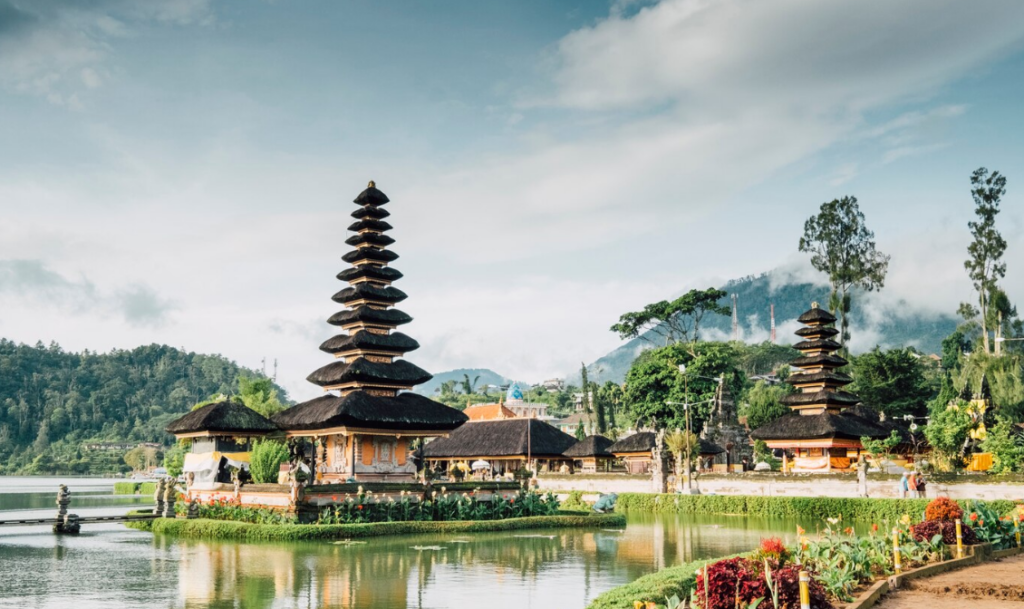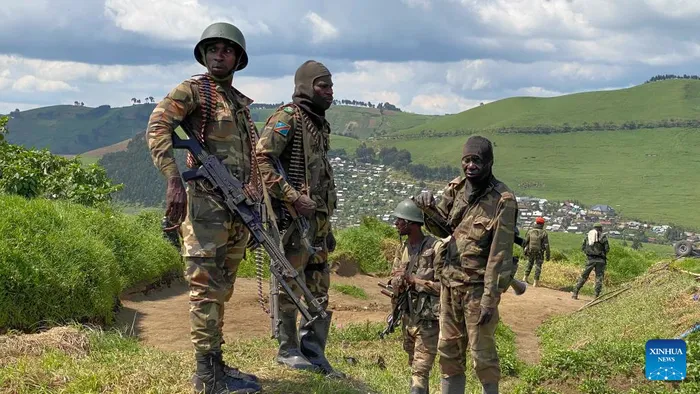Indonesia’s historic entry into BRICS marks a significant shift in global economic power dynamics. As the first Southeast Asian nation to join the bloc, Indonesia’s membership expands BRICS’ influence while potentially reshaping international trade and diplomatic relations. What does this mean for the Global South and the existing world order?
Indonesia has officially become the first Southeast Asian nation to join BRICS as a full member on 1st of January 2025. BRICS is a bloc of developing economies that includes Brazil, Russia, India, China, and South Africa. This decision, announced by Brazil’s rotating presidency in 2025, marks a significant shift in Indonesia’s foreign policy and reinforces its increasingly active role in shaping global geopolitics, particularly in representing the interests of the Global South. As the world’s fourth-most populous country, Indonesia’s decision to join BRICS brings the group’s membership to ten, following the inclusion of Egypt, Iran, Ethiopia, and the United Arab Emirates in 2024.
Sugiono, Indonesia’s Foreign Affairs Minister, emphasized that this move is consistent with Indonesia’s commitment to strengthening multilateral cooperation and promoting a more inclusive and fair global order. Indonesia is known for its long-standing “free and active” foreign policy, which aims to maintain neutrality while participating in various international forums.
Former President Joko Widodo was hesitant to join the bloc, arguing that there was a need to weigh the pros and cons of membership more carefully. However, his successor, President Prabowo Subianto, who took office after winning the 2024 general election, had had no such reservations Prabowo’s administration views BRICS membership as a means to enhance Indonesia’s development opportunities, particularly in areas such as “food and energy security, poverty eradication, and human capital development,” as mentioned in a statement by Sugiono.
Indonesia’s entry into BRICS comes at a time of heightened geopolitical tensions internationally. As a member of BRICS, Indonesia will need to strategically navigate these dynamics while maintaining its relationships with Western nations as well as its leadership role in the Association of Southeast Asian Nations (ASEAN). Some experts believe that Indonesia could serve as a “balancer” in BRICS, using its position to mediate between the global North and South.
Teuku Rezasyah, an international relations expert at Padjadjaran University, notes that Indonesia’s membership in BRICS provides it with greater influence in the global order. However, he emphasizes that Indonesia’s main goal is to seek development opportunities rather than align itself with the geopolitical agendas of Russia or China, as was mentioned by President Prabowo Subianto. This strategy is consistent with Indonesia’s non-aligned stance and its desire to maintain friendly relations with both the West and the East.
Joining BRICS also opens up new economic prospects for Indonesia. The bloc accounts for 46% of the world’s population and 35% of global GDP; this offers Indonesia access to a vast market and potential investment opportunities from the BRICS New Development Bank (NDB). The NDB could provide funding for critical infrastructure projects, particularly in the areas of renewable energy and technology, which are key priorities for Indonesia’s development. This is of utmost importance as the Indonesian government aims to achieve high-income status by 2045 and has set an ambitious goal of 8% GDP growth by 2028. To achieve this, Indonesia will need to boost private investment, implement fiscal stimulus, and enhance productivity through structural reforms. Failure to do so might result in macroeconomic imbalances, including inflation and currency instability.
Despite these potential advantages, Indonesia’s new membership in BRICS is not without its challenges. The country will need to strategically and carefully navigate its relationships with both BRICS members and Western nations to prevent being perceived as leaning too heavily toward one bloc. Maintaining a delicate balance is a challenging task, especially given the ongoing intensification of tensions between the US and its rivals.
Southeast Asia: Other Southeast Asian countries are also demonstrating an increasing interest in the region, as evidenced by Indonesia’s recent decision to join the bloc officially. Malaysia and Thailand have officially applied for BRICS membership, and Vietnam has joined Indonesia as a partner country. These countries see the BRICS as a viable alternative to Western-dominated global institutions.
However, it is important to note that BRICS is not an outright anti-Western organization. Indonesia, like India, maintains positive relations with Western countries and is unlikely to take sides in the geopolitical conflict between the United States and its adversaries. Instead, Indonesia’s BRICS membership aims to broaden its economic and diplomatic horizons in an increasingly multipolar world. Indonesia’s move may lead to more regional engagement with BRICS, which will further strengthen the bloc’s role as a counterweight to global institutions that are dominated by the West.








